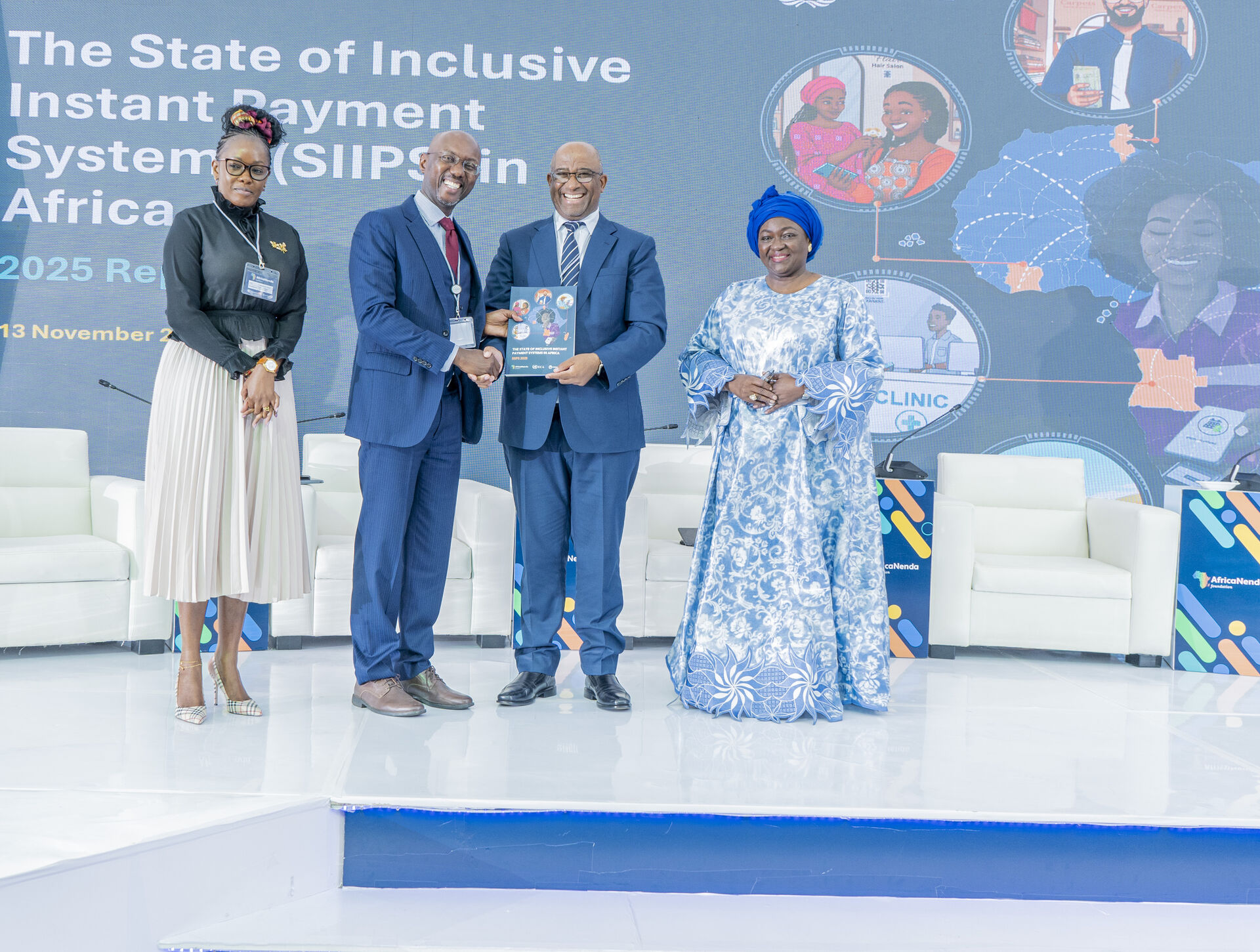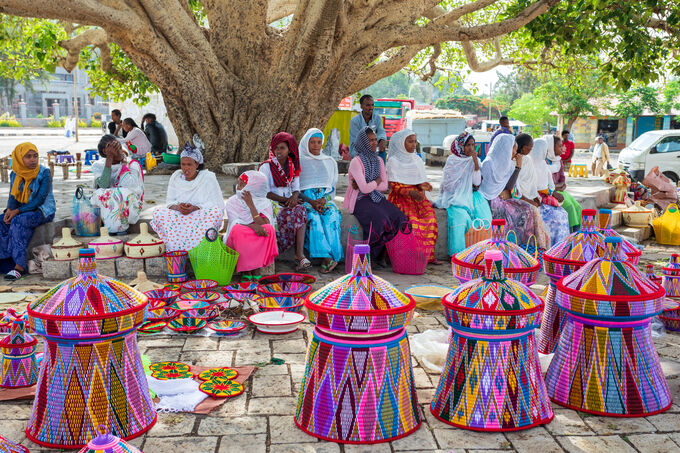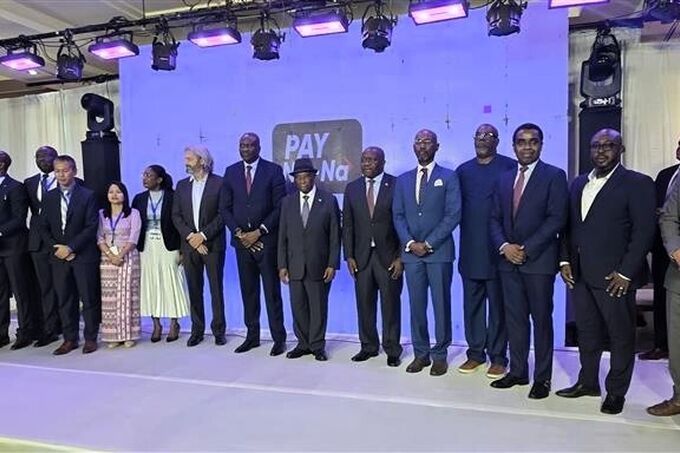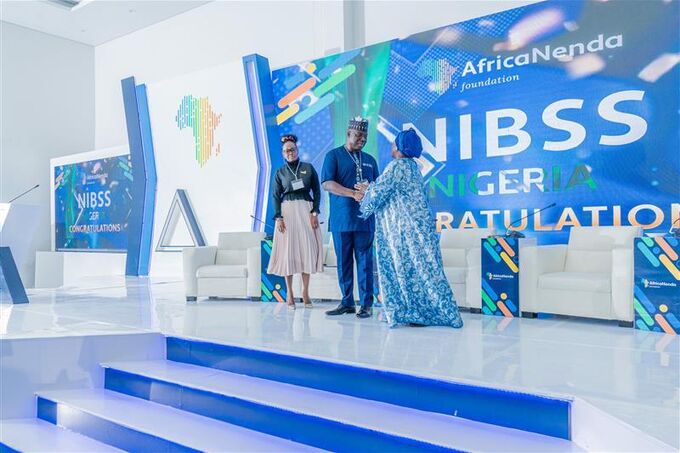
News
Africa’s Digital Payments Gain Momentum: SIIPS 2025 Reveals $2 Trillion in Instant Payments Driving Growth and Inclusion
14 November 2025

EZULWINI, Eswatini – November 13, 2025 — Africa’s digital payments landscape is expanding at a record pace, marking a turning point towards more inclusive interoperable financial systems. The State of Inclusive Instant Payment Systems (SIIPS) 2025 Report, released by the AfricaNenda Foundation, in partnership with the World Bank and the United Nations Economic Commission for Africa (UNECA), reveals how instant payment systems (IPS) are driving economic participation, innovation, and opportunity across the continent.
Now in its fourth edition, SIIPS 2025 is Africa’s leading benchmark for inclusive instant payment systems (IIPS). The report shows that 36 systems are now live across 31 African countries, with five launched over the past year. Collectively, they processed 64 billion transactions worth nearly USD 2 trillion in 2024, underscoring Africa’s rapid transition to digital finance.
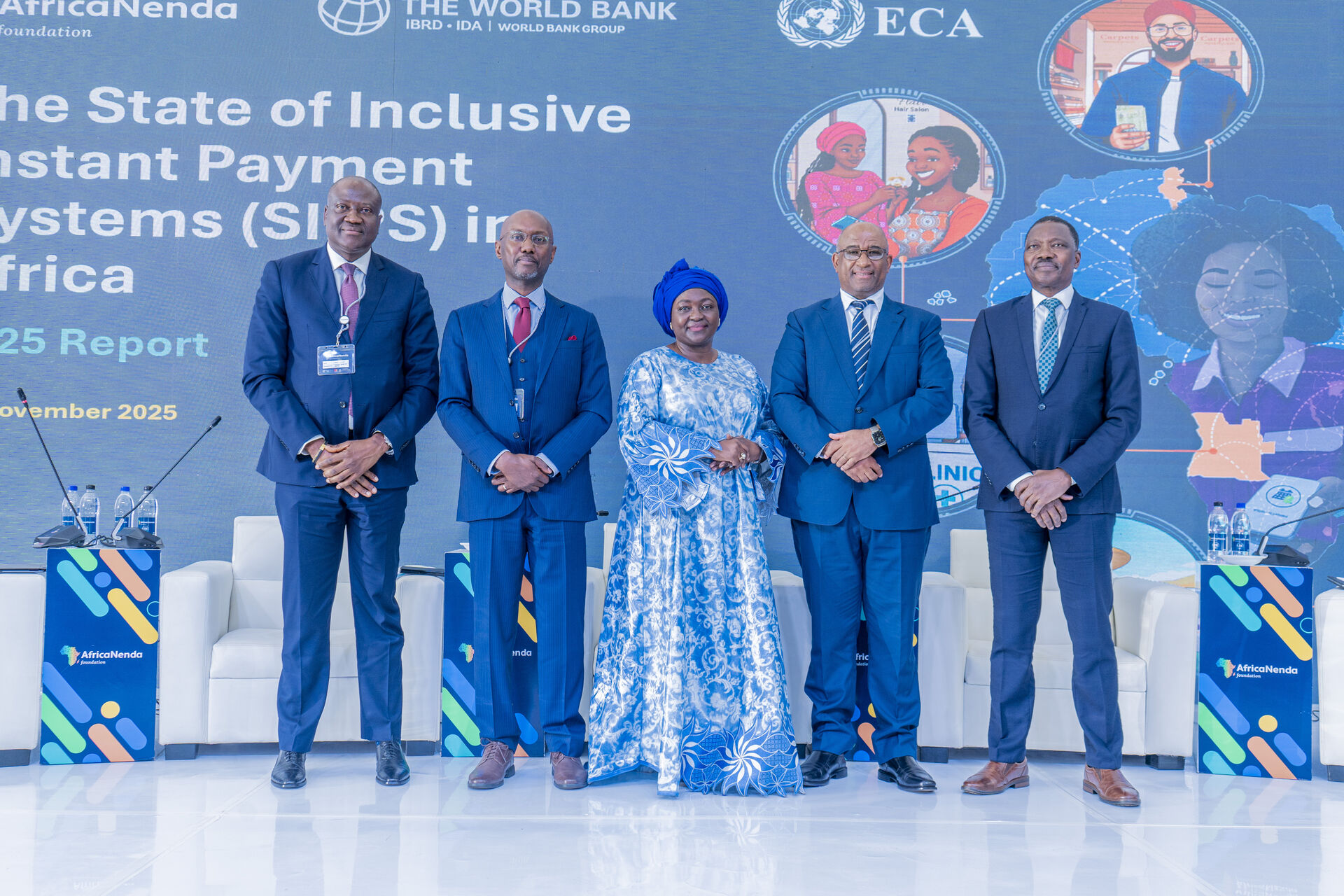
“Inclusive instant payments are transforming how Africans connect economically,” said Dr. Robert Ochola, CEO, AfricaNenda Foundation. “The findings of SIIPS 2025 show clear progress — more countries are adopting instant payment systems, and more people are gaining access to digital financial services that support livelihoods, trade, and growth across the continent.”
“The latest SIIPS report shows steady progress across Africa in the uptake of fast payments. This is promising and represents a great start, but there is much work to be done. Countries without fast payment systems should begin implementations, while those already operating them should focus on greater inclusivity, innovation, and affordability in digital payment services. Regional FPS models have demonstrated a unique opportunity to facilitate cost-efficient and speedy cross-border payments and could be explored for scaling across regions and ultimately across the entire continent. At the World Bank Group, we believe fast payments development promotes broader goals such as financial inclusion, job creation, and trade facilitation. Through Project FASTT, the World Bank continues to help countries build and strengthen fast payment ecosystems through financing, technical assistance, and capacity building.” noted Niraj Verma, Acting Global Director, Finance, Competitiveness & Investment Global Department, World Bank.
Growing Connectivity and Inclusivity
The report highlights increasing interoperability across systems, with half of Africa’s IPS now connecting banks, mobile money operators, and fintechs through cross-domain platforms. Nigeria’s Instant Payments (NIP) became the first system to achieve mature inclusivity on the AfricaNenda Inclusivity Spectrum, while ten others have advanced to progressed levels.
Beyond person-to-person (P2P) transfers, more systems are enabling person-to-business (P2B), government-to-person (G2P), and cross-border payments.
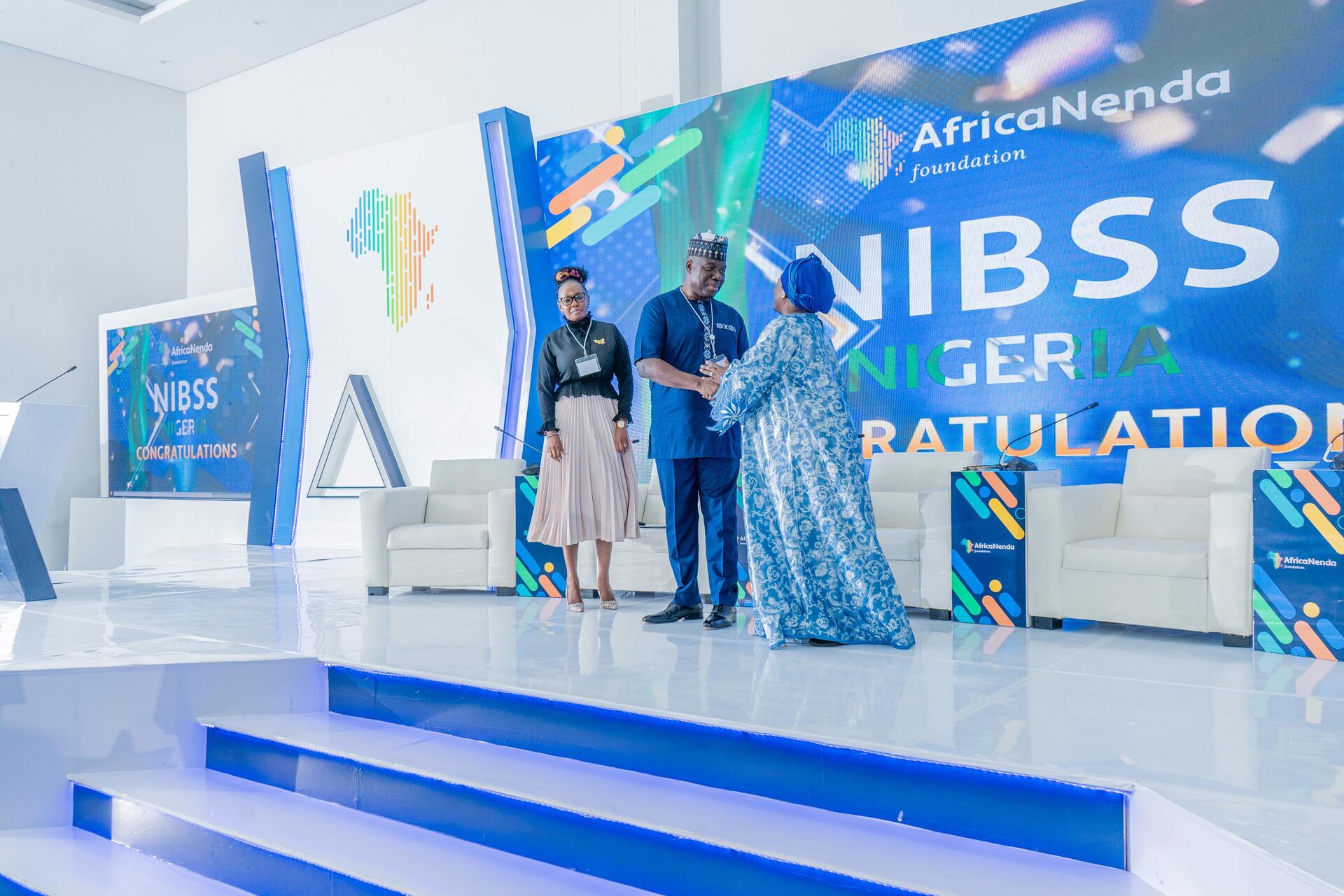
People and Access at the Center
Research conducted in Angola, Côte d’Ivoire, Madagascar, and Tunisia finds that individuals are adopting digital payments faster than merchants, particularly in emerging and nascent markets. Adults over 30 and those with regular income remain the most active users, while young adults and women continue to face barriers such as fraud concerns, lack of identification, and limited access to agents.
Between 50 and 75 per cent of cash-first users cited fraud risks as a key barrier to adoption. Addressing these challenges, the report notes it will be critical to ensure that digital payments are safe and accessible for all.
“For digital payments to reach everyone, inclusion must be intentional,” said Dr. Mactar Seck, Chief of Section, Innovation and Technology, United Nations Economic Commission for Africa (UNECA). “The data from SIIPS 2025 gives policymakers and regulators the confirmation they need to design ecosystems that serve marginalized parts of Africa’s communities. That is, women, youth, the informal sector and those in rural communities at large.”
Unlocking the Next Phase of Africa’s Digital Economy
The report points to significant opportunities for growth through digital public infrastructure (DPI) integration, government-to-person (G2P) payments, and cross-border interoperability. With 36 countries now having live IPS, digital IDs, and data protection laws, better coordination across these systems could make Africa’s financial ecosystem more inclusive and secure. financial ecosystems.
Scaling G2P and cross-border use cases, the report finds, will require improved digital identity coverage, regulatory harmonization, and stronger collaboration between public and private sectors. These efforts are crucial to Africa’s ambition of creating a single, digitally connected market.
The SIIPS 2025 launch event, hosted by the Central Bank of Eswatini (CBE) from November 11–14, 2025, brought together central banks, payment operators, policymakers, development partners, and the media from across the continent to discuss how inclusive instant payments can drive Africa’s digital future.
The full SIIPS 2025 Report is available at www.africanenda.org/en/siips2025 , offering in-depth data insights, country case studies, and evidence-based recommendations on Africa’s evolving payments landscape.
